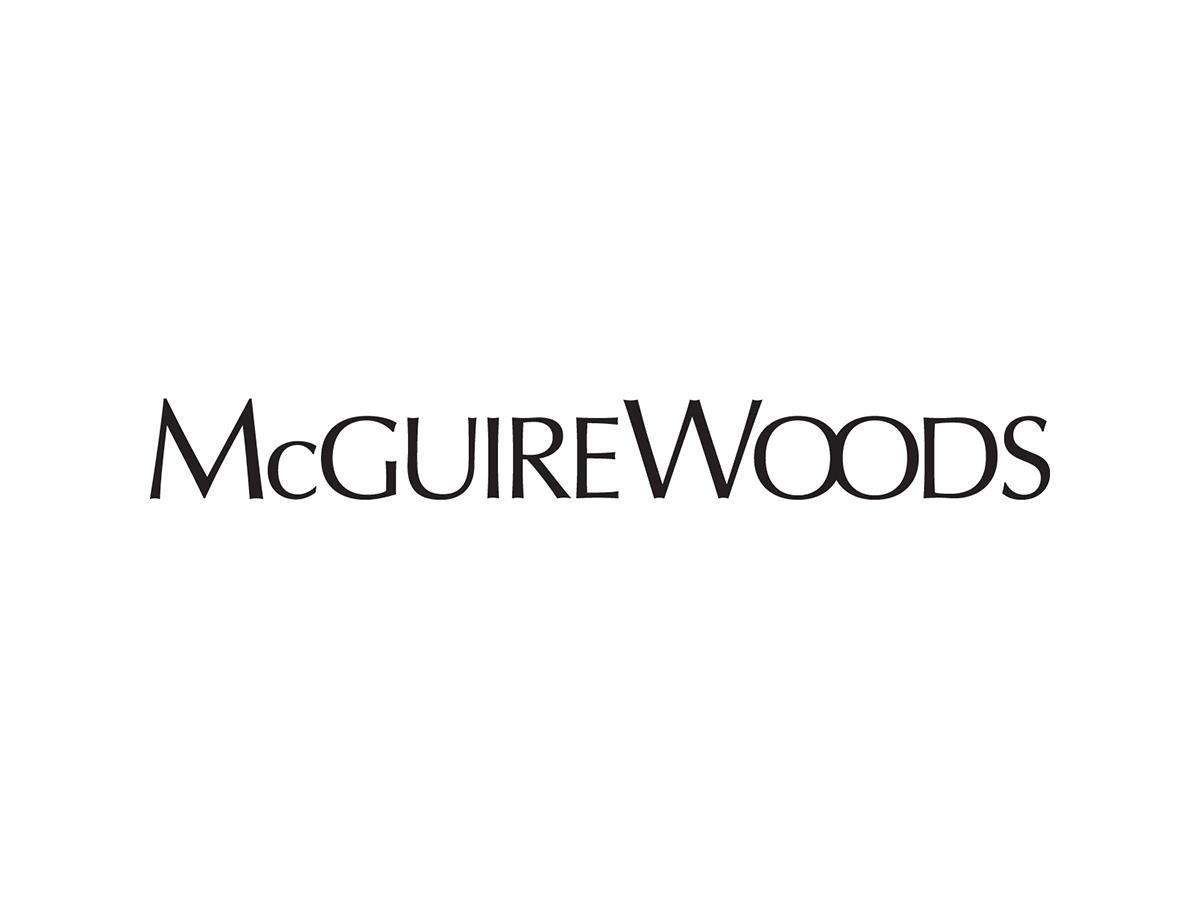COVID-19 and Employee Benefits #8: Updated Guidance for Health Plans on COVID-19 Testing – JD Supra

On Feb. 4, 2022, in response to a number of questions from various stakeholders about FAQs Part 51, regarding the requirement for individual and group health plans to cover over-the-counter (OTC) COVID-19 tests, the U.S. Departments of Labor, Health and Human Services, and Treasury (collectively, the departments) issued five additional frequently asked questions (FAQs) clarifying certain aspects of the expanded COVID-19 test requirement.
When health insurance issuers and group health plan sponsors raised several issues — particularly as to the “safe harbors” provided in FAQ Part 51, Q2 and Q3 and operational issues — the departments generally recognized prudence in providing additional flexibility regarding the provision of OTC COVID-19 tests. More specifically, the FAQs provided clarity on the following:
Flexibility in Establishing the “Direct Coverage” Safe Harbor (FAQ Part 51-Q2)
Under the “direct coverage” safe harbor, as previously explained in FAQs Part 51-Q2, plans and insurers are allowed to apply a per-test dollar limit on coverage (the lesser of $12 or the cost of the test) where participants have adequate access to OTC COVID-19 tests with no upfront out-of-pocket expenditure by the participant through a plan’s pharmacy network (in-person) and direct-to-consumer shipping program (assessed on a facts and circumstances basis).
The new FAQs clarify that plans and insurers have “significant flexibility” in how they provide access to OTC COVID-19 tests. The departments will generally require that such tests are available through at least one direct-to-consumer shipping option and at least one in-person option (emphasis added). In short, “direct coverage” may be provided through a number of mechanisms to ensure a “cashless” purchase for the participant, such as online or phone order at a network pharmacy, coupons for retailer in-person pick-up options or test distribution sites.
While “adequate access” does not require a plan or insurer to make all OTC COVID-19 tests, or all brands of such tests, that meet relevant criteria available through its direct coverage program, the departments may request information to ensure participants have adequate access, such as the number and location of in-person options.
No Enforcement Action Due to Supply Shortages
The departments will not consider a plan or insurer to be out of compliance with the “direct coverage” safe harbor if the plan or insurer has set up a direct coverage program, but such program is temporarily unable to provide adequate access due to test supply shortages. In such circumstance, plans and insurers may continue to limit reimbursement for OTC COVID-19 tests purchased outside the direct coverage program.
Addressing Fraud for Certain Purchases
To discourage problematic behaviors that could ultimately limit access to consumers, a plan or insurer may establish a policy that limits coverage of OTC COVID-19 tests purchased without the involvement of a healthcare provider, to tests purchased from “established retailers” typically expected to sell such tests, such as a retail or online pharmacy.
Plans and insurers may prohibit reimbursement for tests purchased from a private individual via an in-person or online transaction, or from a seller that uses an online auction or resale marketplace.
Coverage Requirements and Self-Collected Samples Processed by Laboratories
The FAQs clarify that the requirement to cover OTC COVID-19 tests does not extend to tests that use a self-collected sample but require processing by a laboratory or other healthcare provider to return results (e.g., home-collection PCR tests).
Such tests, however, must be covered in accordance with the Families First Coronavirus Response Act when the test is ordered by an attending healthcare provider and otherwise meets applicable statutory criteria.
Impact to Health FSAs and Account-Based Plans
The cost of OTC COVID-19 tests purchased by an individual is a medical expense and may have previously been reimbursed (and/or paid for, as applicable) by a healthcare flexible spending account (HC FSA), health reimbursement arrangement (HRA) or health savings account (HSA) prior to the extended coverage mandate.
An individual cannot be reimbursed more than once for the same medical expense (e.g., reimbursed by a HC FSA, HRA or HSA where the test was already covered by the relevant group health plan).




